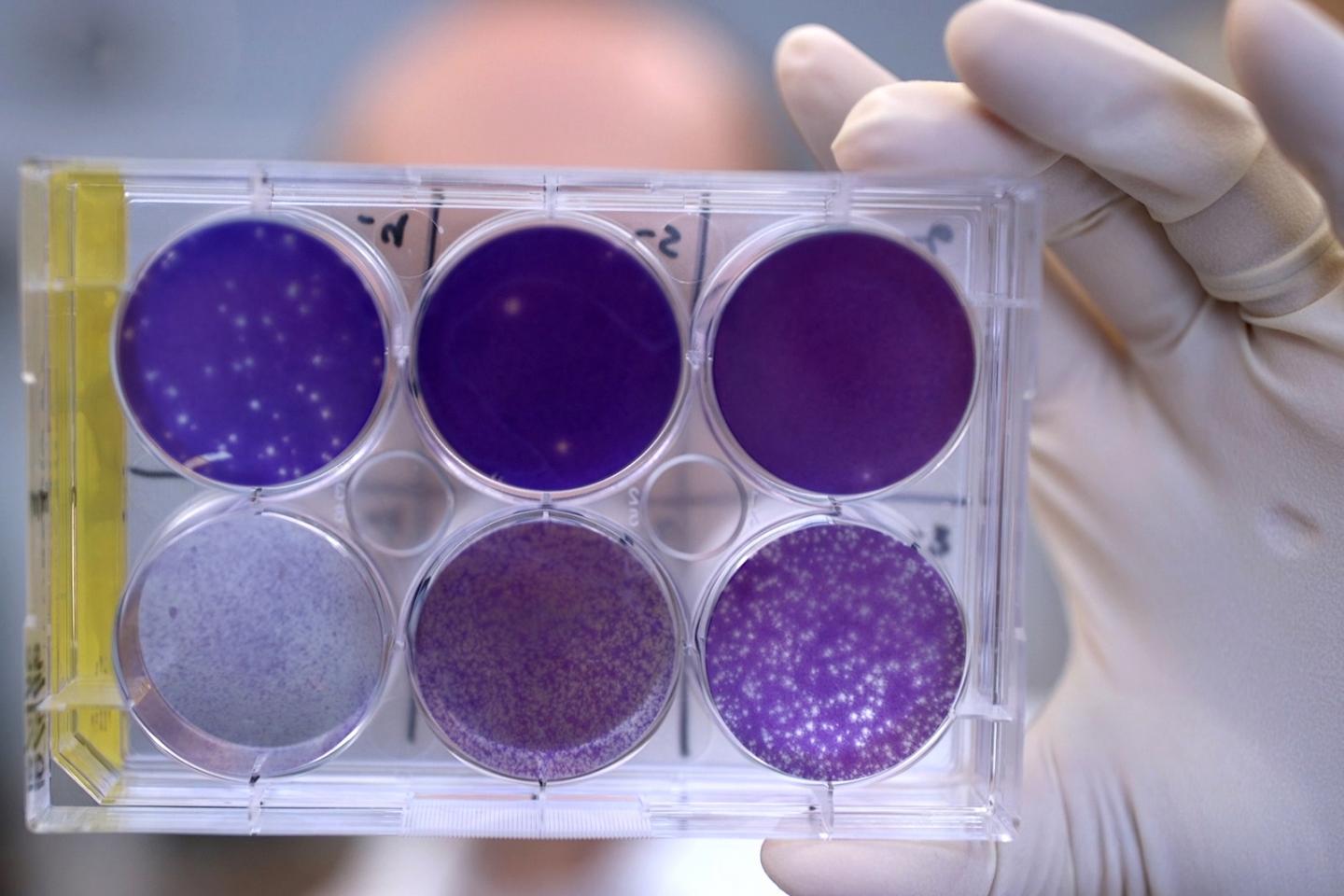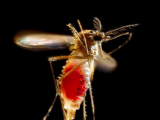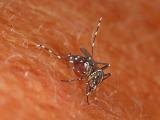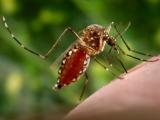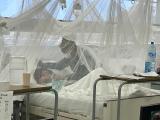In early studies on mice, a research team has found a Zika virus antibody that when given to pregnant animals protected their fetuses, and also protected adult mice from the disease.
The findings raise hope for a potential treatment to prevent maternal-fetal transmission of the virus to prevent microcephaly and other devastating birth defects until a vaccine is available and also may help guide vaccine development. The team, based at Washington University School of Medicine and Vanderbilt University, reported their findings today in an early online issue of Nature.
Michael Diamond, MD, MPH, one of the study's senior authors and professor of medicine at Washington University School of Medicine, said in a news release from the school that this is the first antiviral that has been shown to work in pregnancy to protect developing fetuses from Zika virus. "This is proof of principle that Zika virus during pregnancy is treatable, and we already have a human antibody that treats it, at least in mice."
Looking for protection in different infection scenarios
In their search for an antibody candidate, the team isolated immune B cells from the blood of three infected people who had recovered, then generated 29 Zika antibodies from the cells. One of the antibodies—called ZIKV-117—neutralized all five Zika strains, including African, Asian, and American lineages.
To test the impact on active infection in adult mice, they gave infected male mice a single ZIKV-117 dose; those that got the antibody were more likely to survive, even 5 days after they were infected. The mice received a lethal dose to see how well the antibody works in the most dire conditions.
"We stacked the deck against ourselves by using a highly pathogenic strain of Zika, and even in that case, the antibody protected the mice," Diamond said.
Next, to gauge if ZIKV-117 afforded any protection during pregnancy, researchers gave it to pregnant mice 1 day before or 1 day after they were experimentally infected with the virus. Compared with mice that didn't get the antibody, the treatment greatly reduced virus levels in pregnant mice and their fetuses as well as in the placentas.
The team found that the placentas from the treated pregnant mice were normal and healthy, but those in untreated mice showed destruction of the placental structure, a type of damage that could impair fetal growth or cause miscarriage.
Indira Mysorekar, PhD, study coauthor and associate professor of obstetrics and gynecology at Washington University, said the group didn't see any damage to fetal blood vessels, thinning of the placenta, or any growth restriction in the mouse fetuses. "The anti-Zika antibodies are able to keep the fetus safe from harm by blocking the virus from crossing the placenta."
Experiments tested antibody's ADE potential
Though work is under way on several different Zika vaccine candidates, some experts are worried about the possibility that Zika virus vaccination would worsen symptoms in those infected with the virus later, a pattern seen in dengue-infected people when the second infection involves a different strain of virus than the first. The phenomenon, called antibody-dependent enhancement (ADE) has been seen in early lab studies involving Zika virus.
To see if they could eliminate the possibility of ADE related to ZIKV-117, the authors modified the antibody so that it could not participate in the ADE process. Their experiments showed that the modified version was as effective at protecting the placenta and fetus as the unmodified type.
Part of the research team is working on developing the antibody as a possible treatment by scaling up production of ZIKV-117 and designing human studies. Another part of the group is exploring whether the antibodies could be used to clear persistent Zika infection. Both are continuing work to better define how ZIKV-117 binds to the virus and inhibits infection.
Florida developments, vaccine trial launch, Zika in Palau
- The Florida Department of Health (Florida Health) today reported one more locally acquired Zika case, in a Miami-Dade County resident whose exposure location is still under investigation, according to a statement today. Florida now has 191 local Zika cases, which includes 2 local cases reported Nov 4, also in Miami-Dade individuals with exposures still under investigation. Officials today also reported one more infection in an individual who traveled to a Zika transmission area but had also been in Miami, making the exposure location undetermined. Florida now has seven such cases.
- The first human trial of a the Zika vaccine candidate developed by the Walter Reed Army Institute of Research (WRAIR) with support from the National Institutes of Health has launched, the National Institute of Allergy and Infectious Diseases announced today. The vaccine, called Zika purified inactivate virus (ZIPV), is being tested in five early-stage clinical trials, with the studies under way at the WRAIR clinical trial center in Silver Spring, Md. The vaccine is based on a system WRAIR successfully used in 2009 to develop a vaccine for Japanese encephalitis, another member of the flavivirus family. The Biomedical Advanced Research and Development Authority (BARDA) is funding advanced development of the vaccine through a 6-year contract with Sanofi Pasteur.
- Palau has confirmed its first local Zika case, according to a report from Radio New Zealand that cited Palau's Bureau of Public Health. The result was confirmed by the US Centers for Disease Control and Prevention.
See also:
Nov 7 Nature abstract
Nov 7 NIAID press release
Nov 7 Washington University School of Medicine press release
